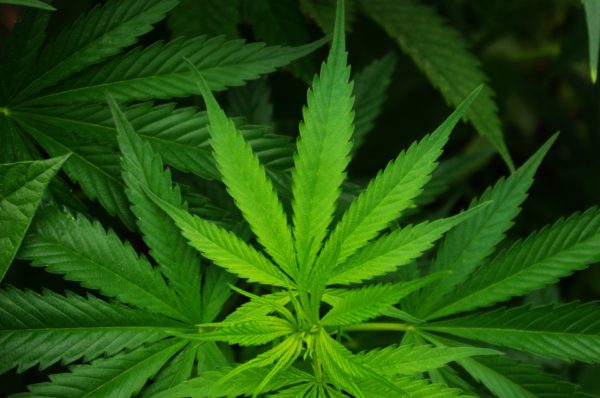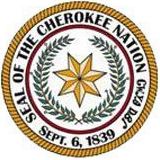
- Details
- By Native News Online Staff
TAHLEQUAH, Okla. — Hemp and cannabis use may be in the near future for the Cherokee Nation
Earlier this week, Cherokee Nation Principal Chief Chuck Hoskin, Jr. established the Executive Work Group on Hemp, Cannabis and Related Opportunities to study issues relating to hemp and cannabis in fields such as commerce, health care and agriculture
“As Chief, I want well-informed policy, and the team we have assembled will be a great asset in that regard,” Chief Hoskin said. “I believe there are opportunities for Cherokee Nation, our businesses and our citizens to benefit from this emerging industry. But, we need to move forward carefully and responsibly and in absolute strict adherence to the law in order to ensure success and sustainability.”

A decision by the Cherokee Nation to use hemp and cannabis would be significant in Indian Country because of population of the Tribe, which has more than 380,000 tribal citizens, making it one of the largest tribes in the United States.
The workgroup is charged with making recommendations on internal Cherokee Nation policies, including human resources policies. The work group will also make recommendations on modernizing Cherokee Nation statutes impacting the growth and use of hemp and cannabis.
Additionally, the workgroup will consider what, if any, role cannabis may play in the Cherokee Nation’s health services system, including identifying any legal or ethical barriers on the use of the substance.
Workgroup members will also study and make recommendations on opportunities for Cherokee Nation and Cherokee Nation citizens to engage in raising, processing and engaging in commercial sales of hemp and cannabis.
Currently, marijuana is illegal under federal law. However, there are provisions allowing commercial hemp production. Under Cherokee law, it still remains illegal to use or possess marijuana in all tribally owned properties.
Cherokee Nation recently revised its workplace drug use policy to protect employees and applicants who possess a valid medical marijuana patient license.
Work group members include:
- Chad Harsha, Cherokee Nation Secretary of Natural Resources (Chairman)
- Tina Glory-Jordan, Secretary of State
- Todd Enlow, Chief of Staff
- Paden Qualls, Assistant Attorney General
- Andy McMillan, Cherokee Nation Businesses
- Kim Teehee, Executive Director of Government Relations
- Dr. Roger Montgomery, Cherokee Nation Health Services
The workgroup will report its recommendations to the Principal Chief and the Council of the Cherokee Nation no later than May 31.
More Stories Like This
American Basketball Association Announces Native ABA InitiativeFour Winds South Bend Upgrades to Class III Gaming Casino
Native News Online Wins Two Awards from Native American Journalists Association
Wahlberg Brothers Are a Big Hit at Indian Gaming Tradeshow and Convention in Las Vegas
Native Gro Offers Tribes a ‘One-Stop Shop’ for Entering the Cannabis Industry
Help us defend tribal sovereignty.
At Native News Online, our mission is rooted in telling the stories that strengthen sovereignty and uplift Indigenous voices — not just at year’s end, but every single day.
Because of your generosity last year, we were able to keep our reporters on the ground in tribal communities, at national gatherings and in the halls of Congress — covering the issues that matter most to Indian Country: sovereignty, culture, education, health and economic opportunity.
That support sustained us through a tough year in 2025. Now, as we look to the year ahead, we need your help right now to ensure warrior journalism remains strong — reporting that defends tribal sovereignty, amplifies Native truth, and holds power accountable.
 The stakes couldn't be higher. Your support keeps Native voices heard, Native stories told and Native sovereignty defended.
The stakes couldn't be higher. Your support keeps Native voices heard, Native stories told and Native sovereignty defended.
Stand with Warrior Journalism today.
Levi Rickert (Potawatomi), Editor & Publisher

